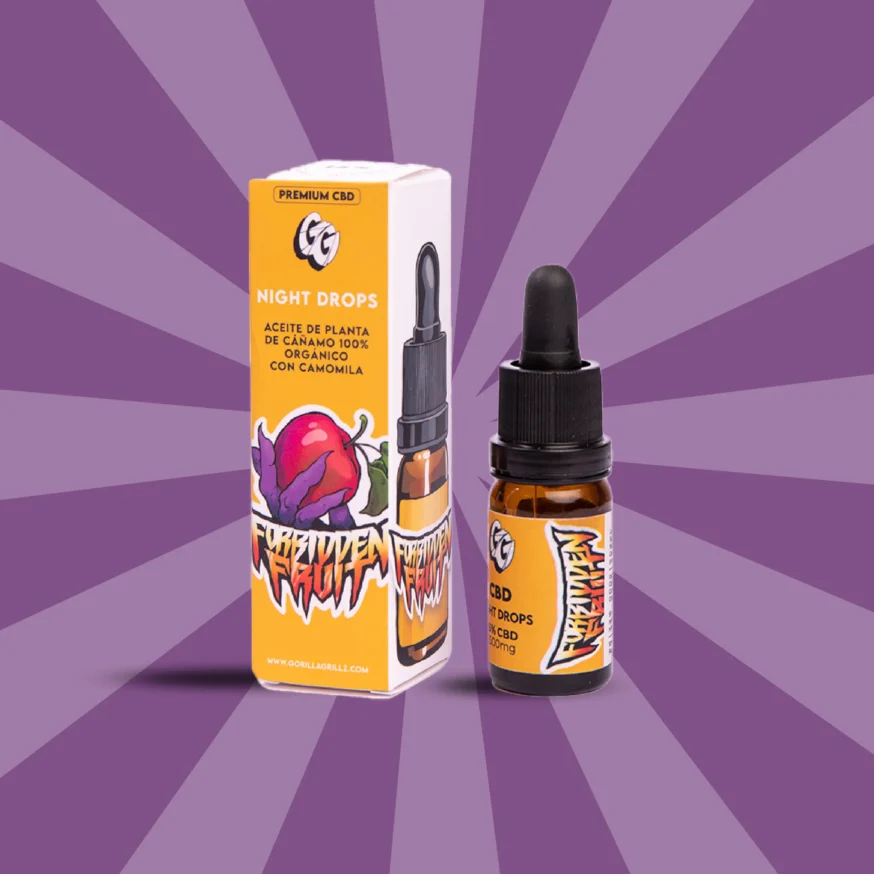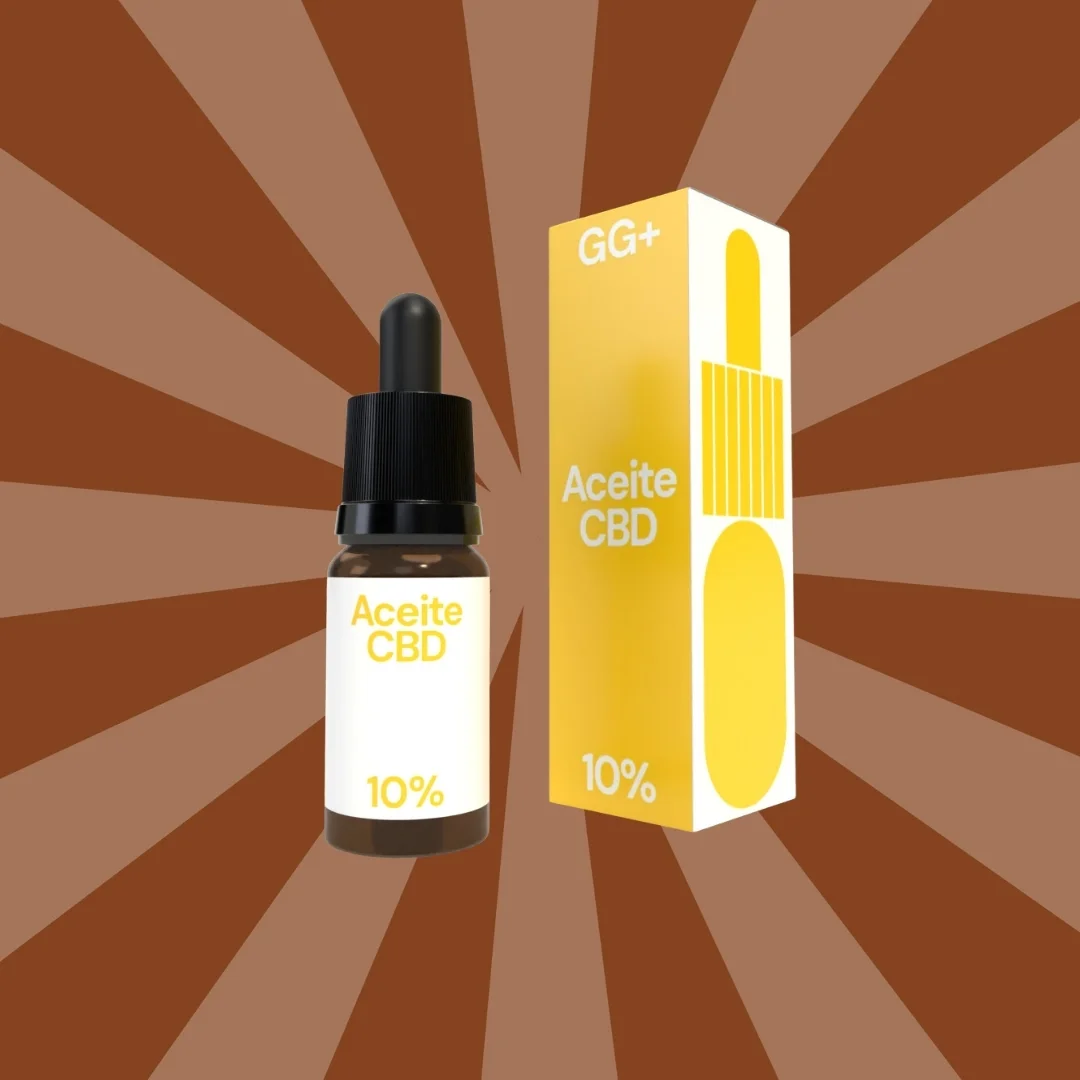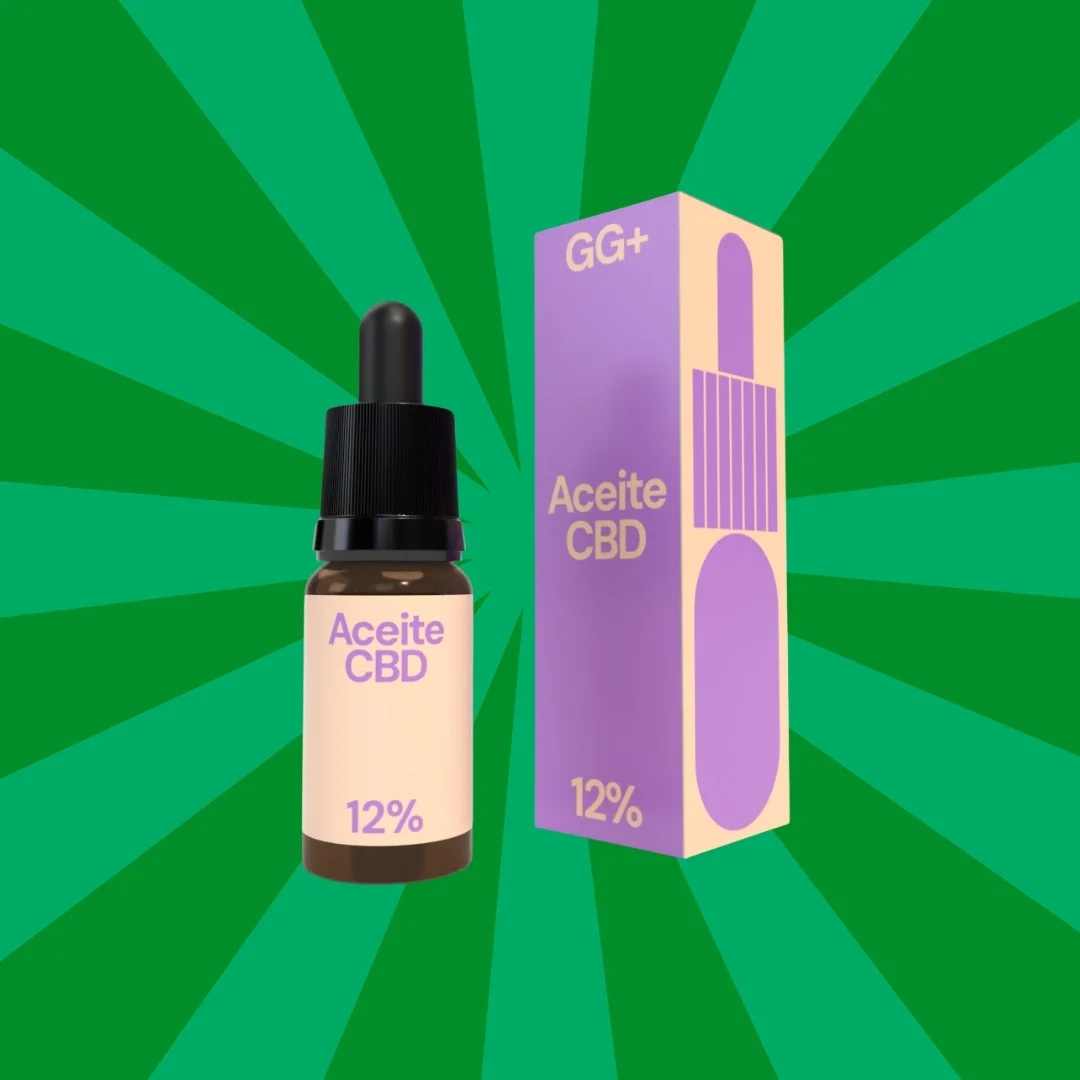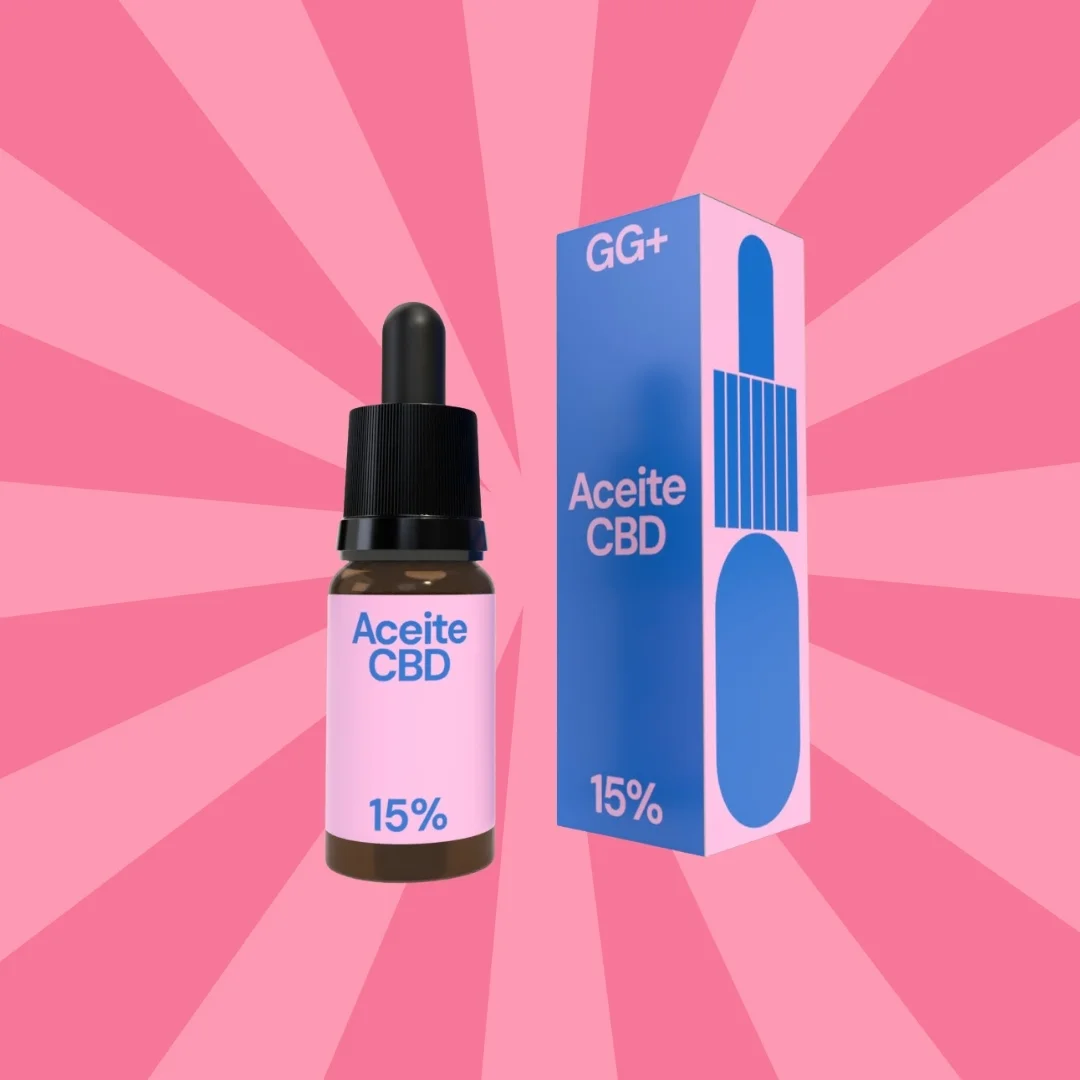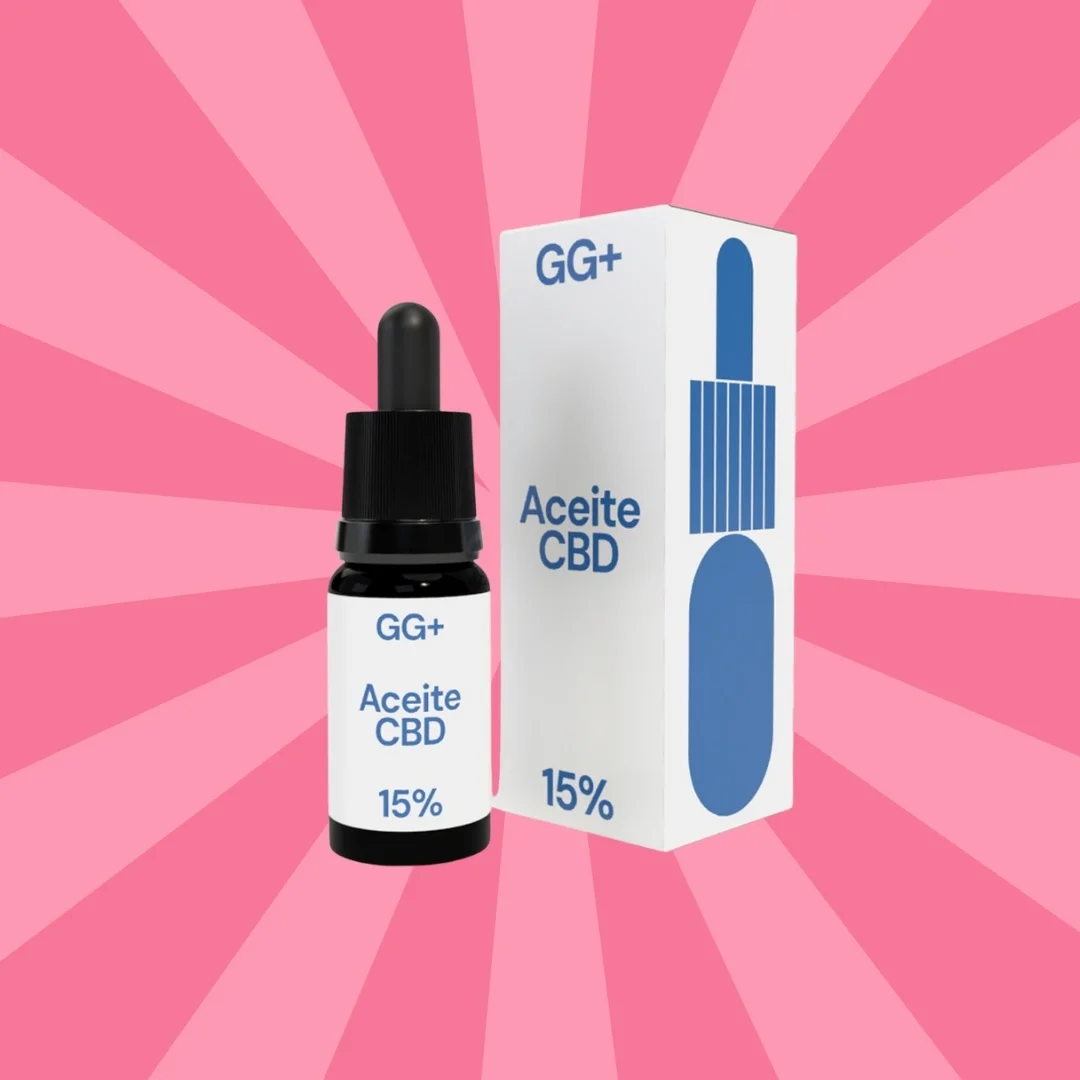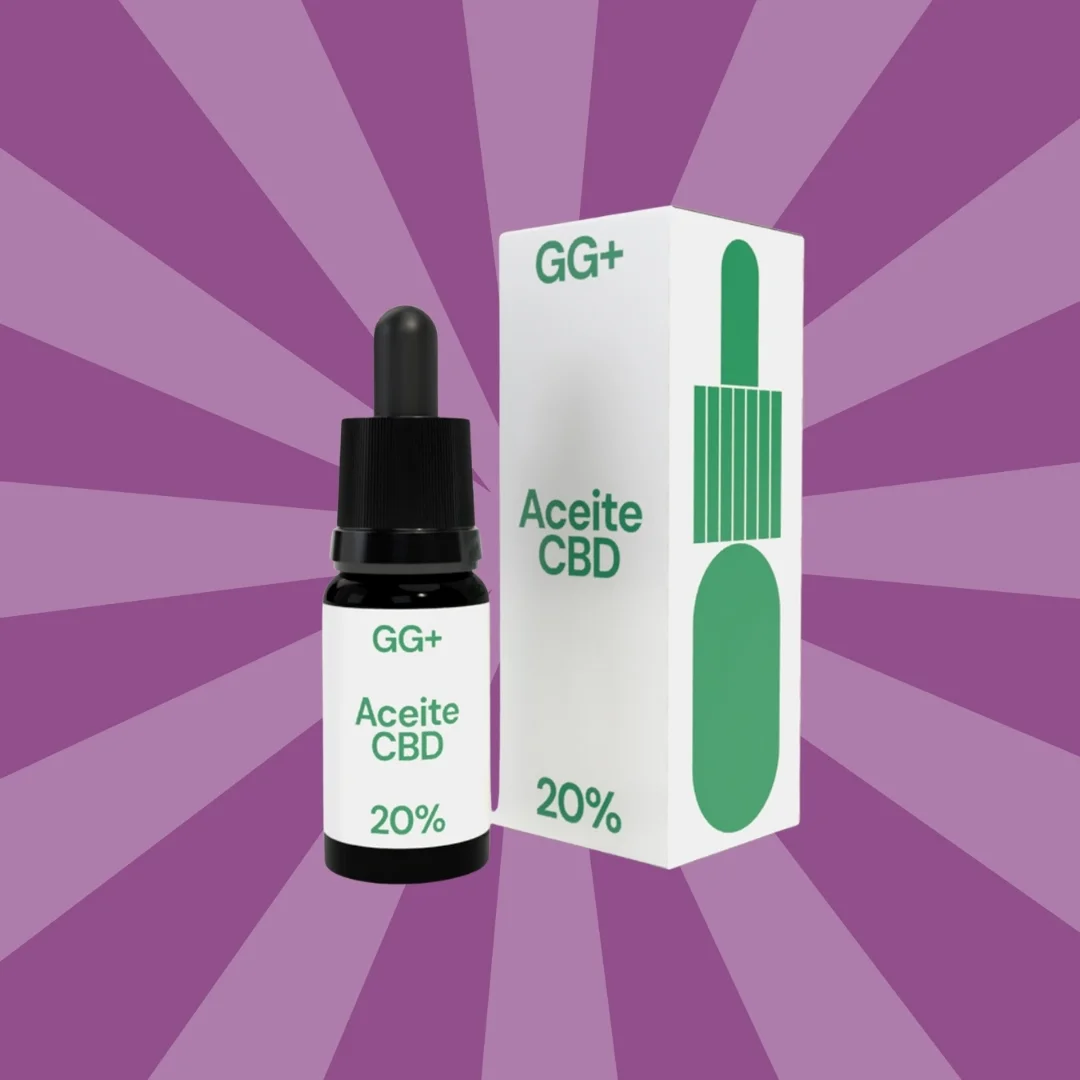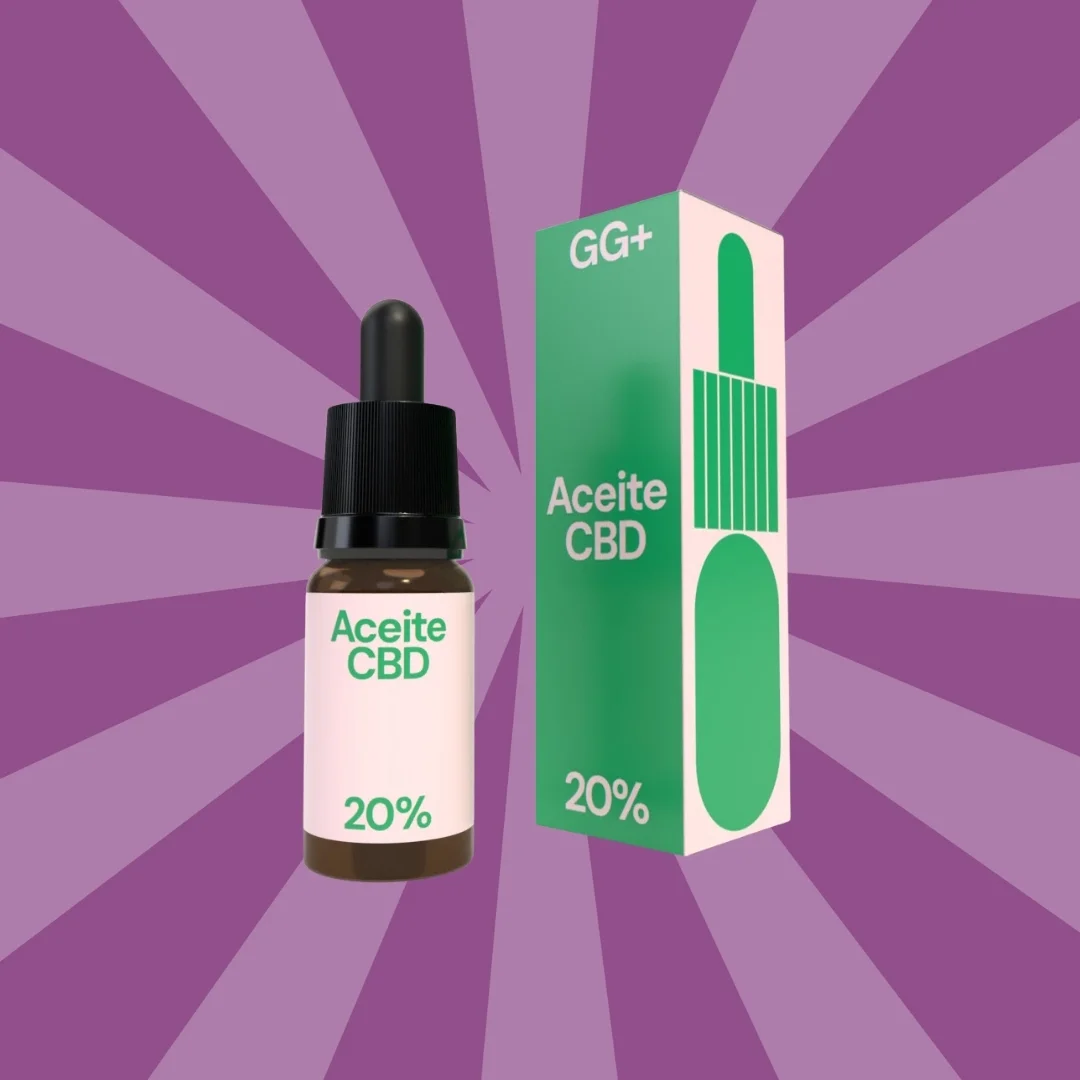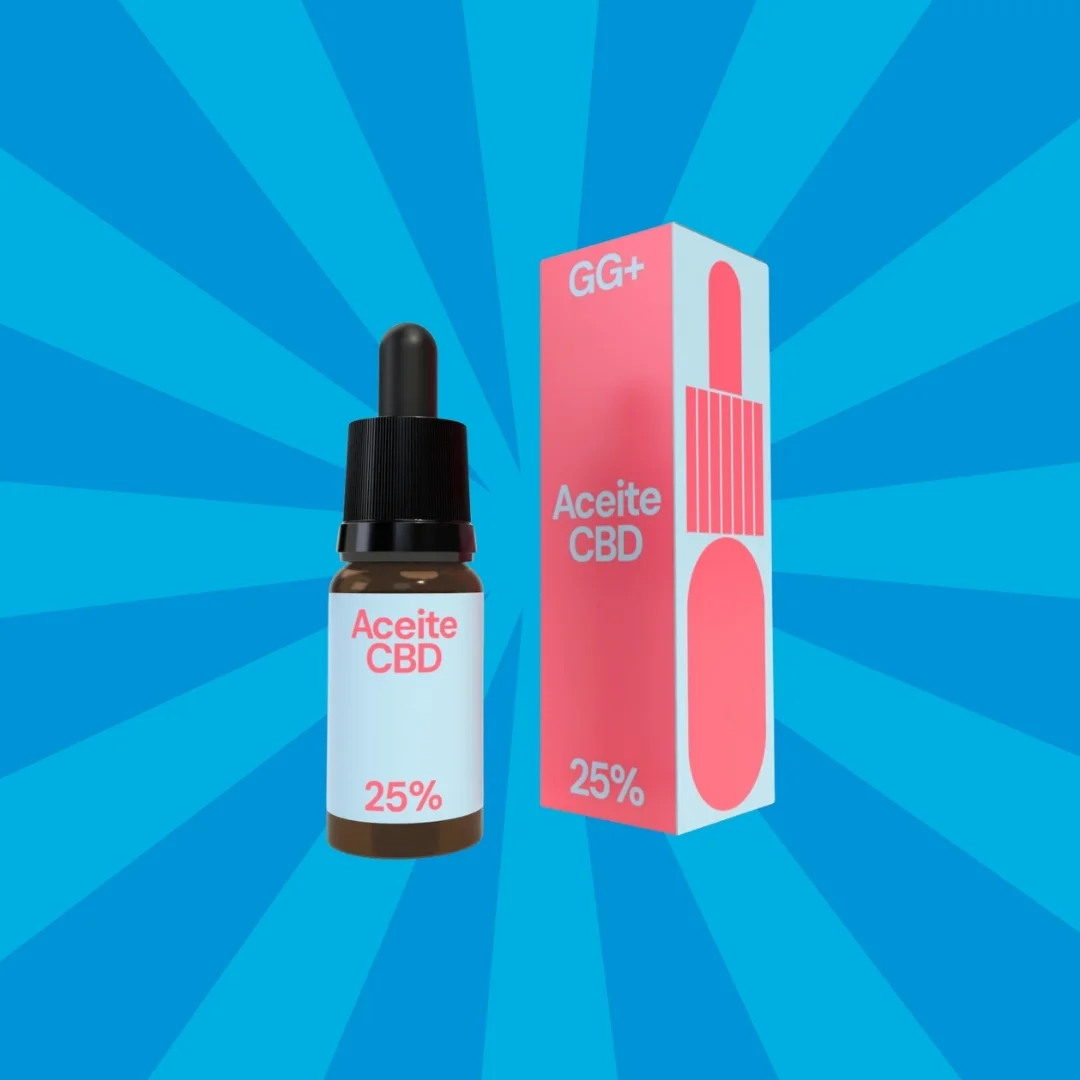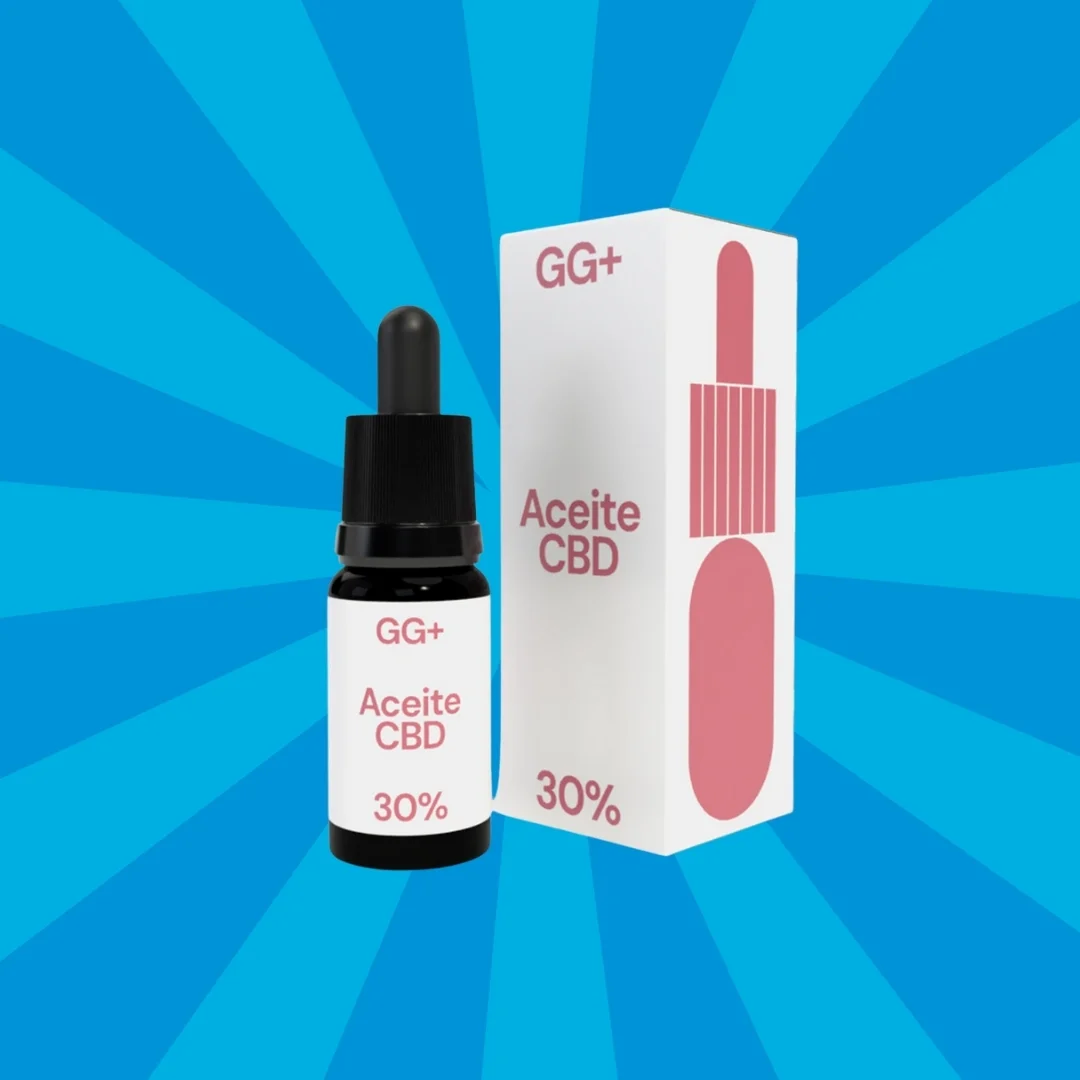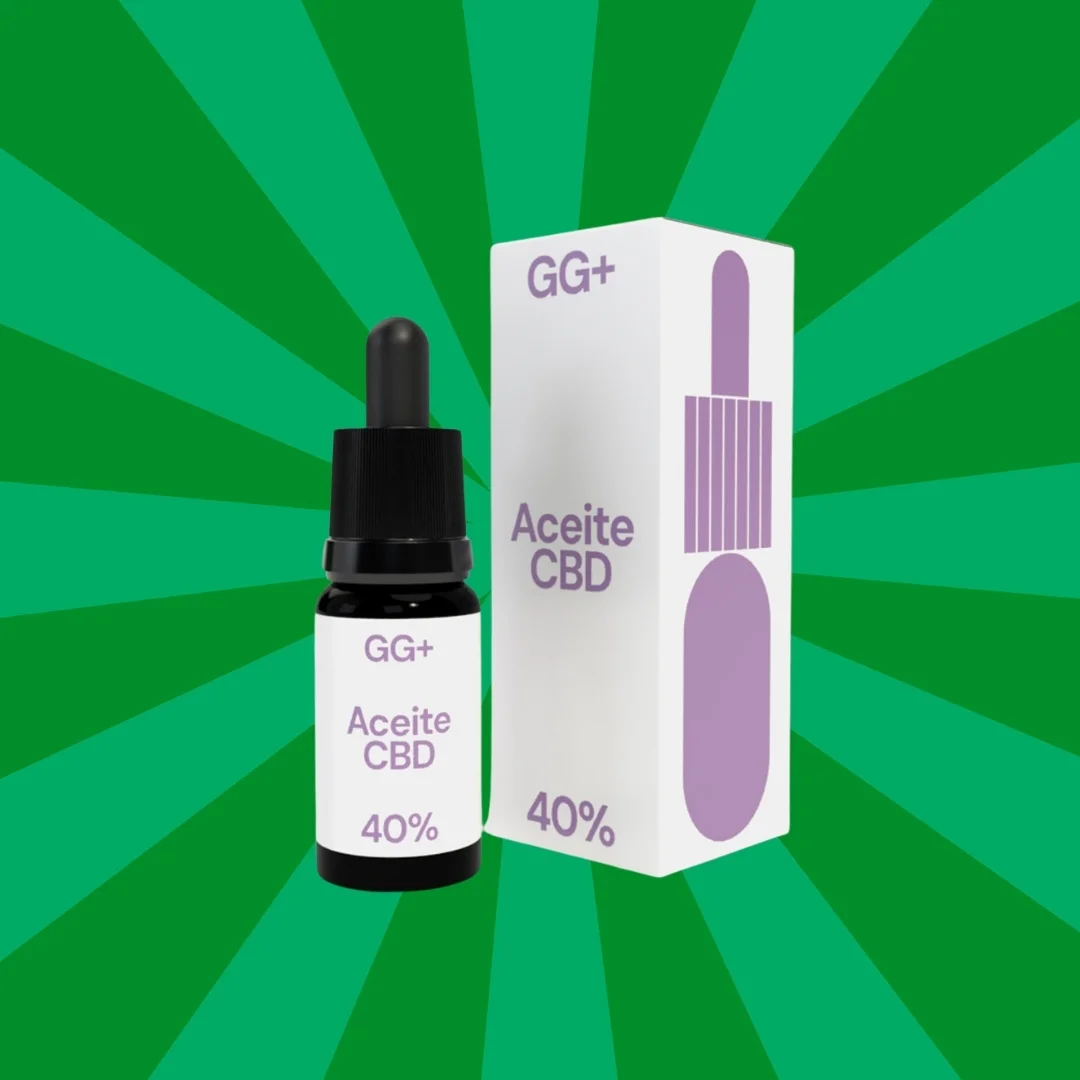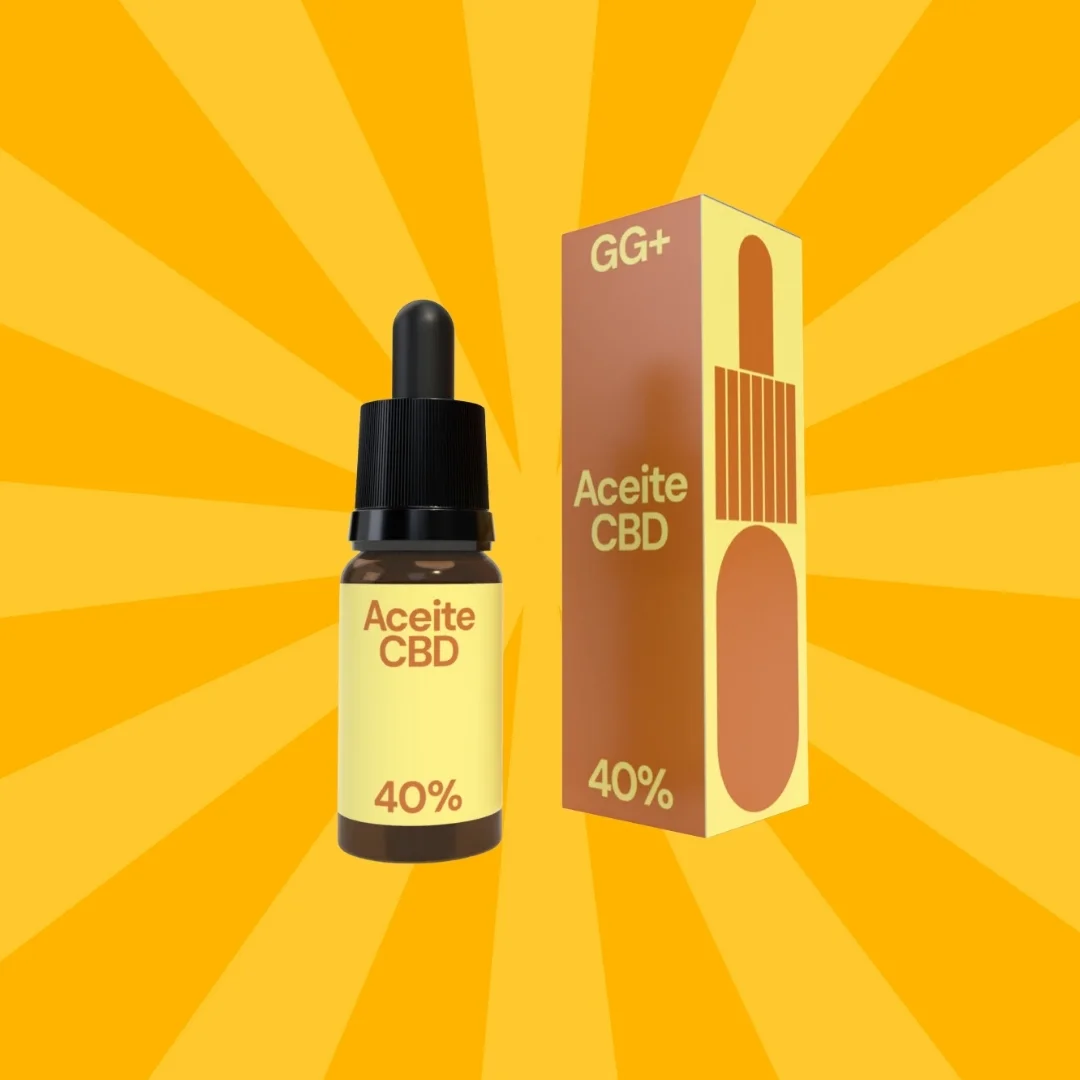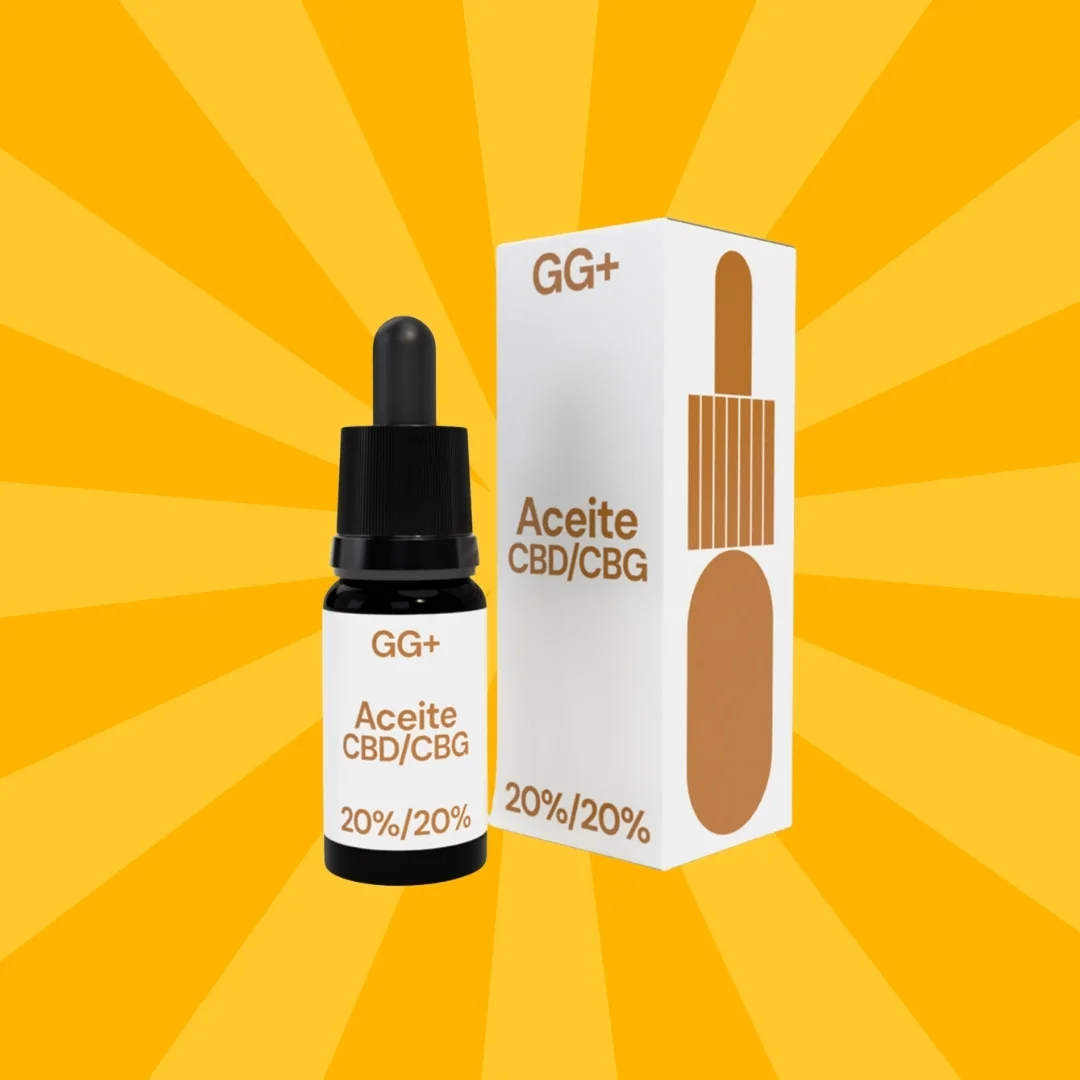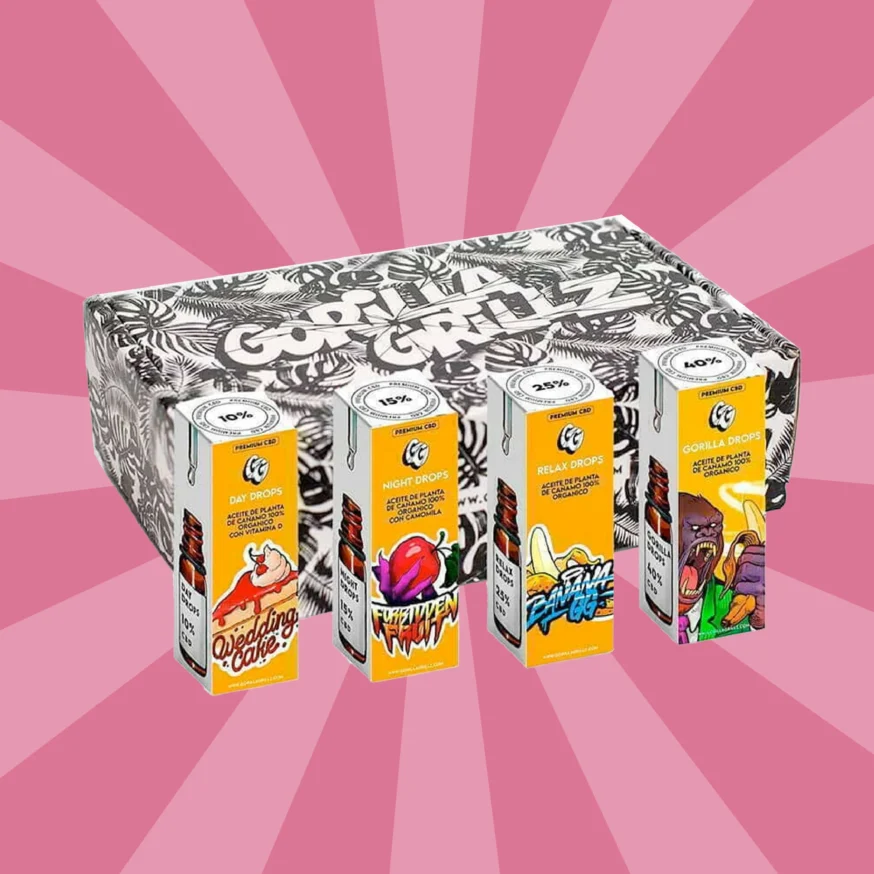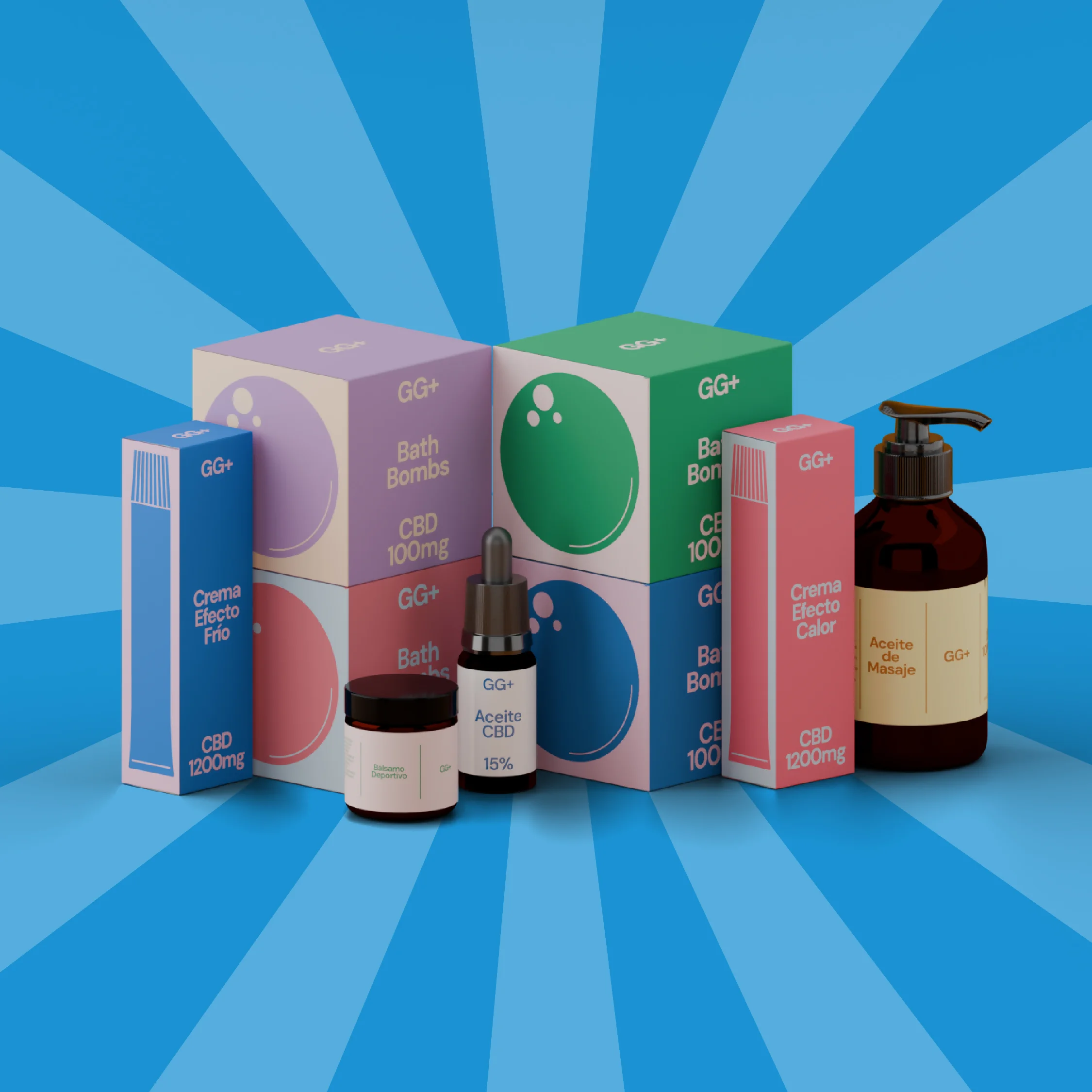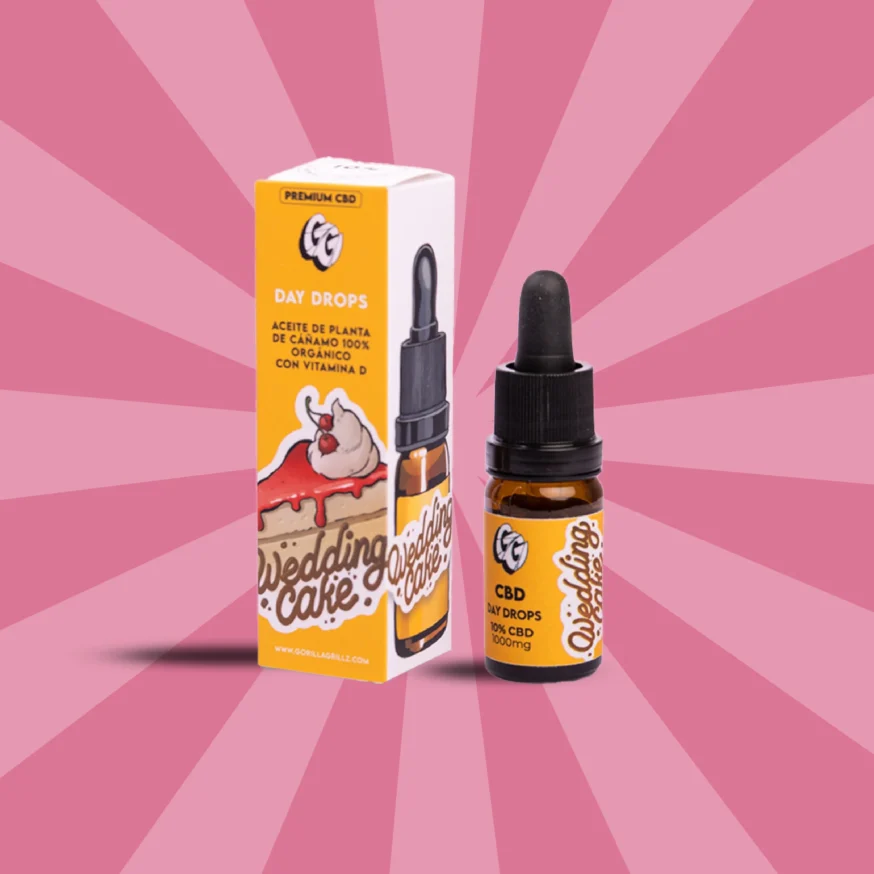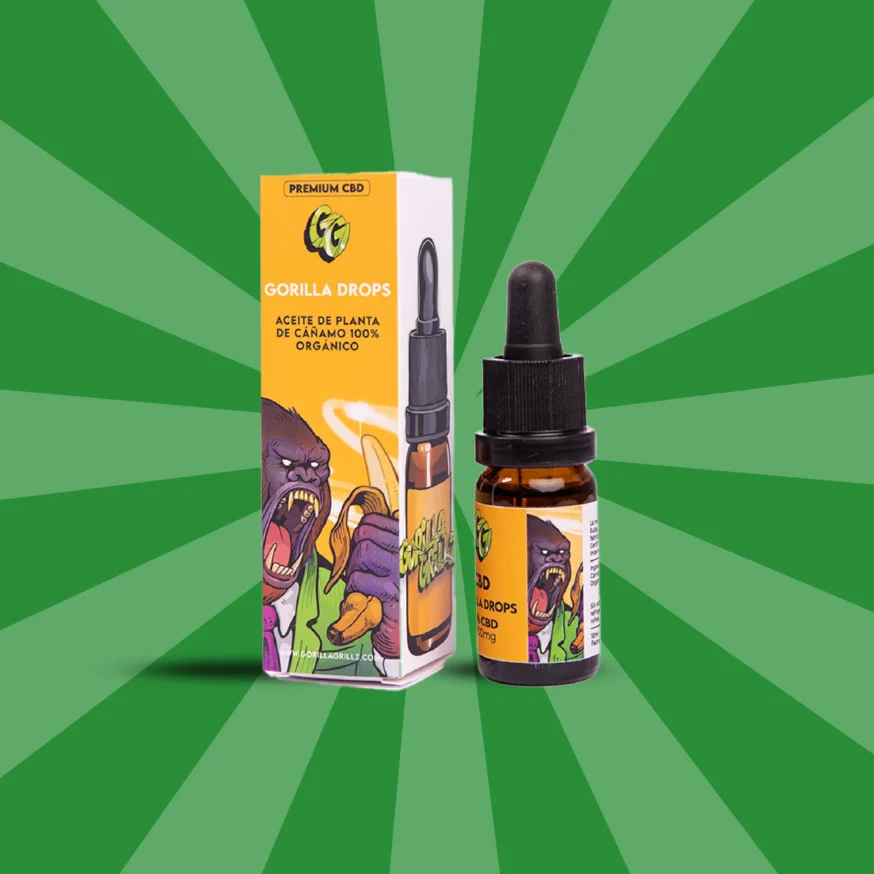
CBD Oil
-
10ml
CBD OIL 10% HAPPY GG+
Rated 0 out of 539,90€Original price was: 39,90€.33,90€Current price is: 33,90€. Add to cart -
10ml
OIL CBD PACK
56,81€ – 242,73€ Select options This product has multiple variants. The options may be chosen on the product pageRated 5.00 out of 53 reviews -
Broad Spectrum
FULL PACK CBD COSMETICS
Rated 0 out of 5138,10€Original price was: 138,10€.110,48€Current price is: 110,48€. Add to cart
What is CBD Oil OIL?
CBD oil (cannabidiol) is a product derived from cannabis, specifically the hemp plant. CBD is one of more than 100 cannabinoids identified in cannabis, but unlike THC (tetrahydrocannabinol), it is non-psychoactive, meaning it does not produce the “high” associated with marijuana use.
Process of Making CBD Oils
- Hemp Cultivation: It all starts with the cultivation of industrial hemp plants, selected for their high CBD content and low THC content (less than 0.2% to comply with the law in many countries).
- CBD extraction: Once the plants have been harvested, the CBD is extracted.
- CO2 extraction: Uses supercritical carbon dioxide to extract cannabinoids from the plant. This method is efficient and safe, as it leaves no solvent residue.
- Ethanol Extraction: Ethanol is used to dissolve the desired compounds. The ethanol then evaporates, leaving behind a CBD-rich extract.
- Oil Extraction: A carrier oil (such as olive oil) is used to extract CBD. Although it is less efficient, it is a natural and safe method.
- Refining Process: CBD extract is refined to remove impurities and unwanted components such as waxes, chlorophyll, and other plant compounds.
- Carrier Oil Blend: Refined CBD extract is mixed with a carrier oil, such as fractionated coconut oil (MCT), olive oil, or hemp seed oil. This step is important to ensure the bioavailability of CBD. In our case we use MCT oil as a base.
Types of CBD Oils and Their Characteristics
In today’s market, there are several types of CBD oils and they differ in their content of cannabinoids and other cannabis-derived compounds. At Gorilla Grillz we only have full spectrum oils for people.
- Full Spectrum CBD Oil:
It contains all the cannabinoids present in the cannabis plant, including CBD, THC (in legal concentrations), CBC, CBN, CBG, as well as terpenes and flavonoids.
It is ideal for those who want to avoid any presence of THC as much as possible.
- Broad Spectrum CBD Oil:
Similar to full-spectrum oil, but without THC. It contains CBD along with other cannabinoids and terpenes.
It offers many of the benefits of the full spectrum without the presence of THC, thus avoiding any concerns about psychoactive effects. Recommended for those who want to avoid THC but want to benefit from the entourage effect.
<ol “>
- CBD Isolate (CBD Isolate):
It contains only pure CBD, with no other cannabinoids, terpenes, or flavonoids.
It is the purest form of CBD (99% or more), with no taste or smell. It has no entourage effect and is ideal for those who need precise doses of pure CBD or have sensitivity to other cannabinoids.
Composition of CBD Oils
- Cannabinoids:
- CBD (Cannabidiol): The main component, known for its properties.
- Other Cannabinoids: In full-spectrum oils, small amounts of other cannabinoids such as CBG (cannabigerol), CBN (cannabinol), and THC (tetrahydrocannabinol) can be found, always at legal levels (<0.3%).
- Terpenes: Terpenes are aromatic compounds found in hemp and other plants. The most common terpenes in CBD oils include:
- Myrcene: Relaxing and anti-inflammatory.
- Limonene: Mood booster and anxiolytic.
- Pinene: Anti-inflammatory and improves memory.
- Carrier Oil: This is the medium in which the CBD extract is diluted to facilitate its dosage and absorption. The most common carrier oils are:
- MCT oil: Extracted from coconut, it is popular for its rapid absorption.
- Olive Oil: Rich in antioxidants and beneficial for cardiovascular health.
- Hemp Seed Oil: Rich in essential fatty acids.
What you can use CBD Oil for
Skin Care
- CBD can be applied directly to the skin in the form of oils, creams, lotions or balms and can be targeted at specific areas where certain skin problems are desired.
- CBD may have beneficial anti-inflammatory properties for inflammatory skin conditions such as acne, dermatitis, and psoriasis.
- Some skincare products that contain CBD are formulated with moisturizing ingredients, such as vegetable oils or butters, that help keep the skin hydrated and soft.
- And it can regulate sebum production in the skin’s sebaceous glands, useful for people with oily or acne-prone skin.
Reference: “Cannabinoids inhibit human keratinocyte proliferation through a non-CB1/CB2 mechanism and have a potential therapeutic value in the treatment of psoriasis” Authors: Wilkinson JD, Williamson EM. Journal: Journal of Dermatological Science Year: 2007
Link: Cannabinoids inhibit human keratinocyte proliferation through a non-CB1/CB2 mechanism and have a potential therapeutic value in the treatment of psoriasis
Hair care.
- CBD may have anti-inflammatory properties that can help reduce scalp inflammation, dandruff, itching, and hair loss.
- It can also promote hair growth by interacting with cannabinoid receptors in the hair, very useful in people experiencing thinning or hair loss.
- The CBD in hair can also help keep it hydrated, which is essential for overall hair health.
Reference: “The Endocannabinoid System of the Skin in Health and Disease: Novel Perspectives and Therapeutic Opportunities”, published in the scientific journal Trends in Pharmacological Sciences in 2019.
Relaxing massages
- CBD could have relaxing and anti-inflammatory properties that help relieve muscle tension and reduce inflammation.
- In addition, it could also have anxiolytic effects, helping to reduce stress levels according to various studies.
- By combining CBD with a massage, we relieve pain and provide a more comforting experience.
- Carrier oils used in CBD massage products, such as coconut oil or olive oil, also moisturize the skin.
- Massage itself is an effective way to reduce stress and promote relaxation. By combining it with CBD we further enhance the feeling of well-being and relaxation during and after the massage.
Reference: “Transdermal cannabidiol reduces inflammation and pain-related behaviours in a rat model of arthritis”. Authors: Hammell, D. C., Zhang, L. P., Ma, F., Abshire, S. M., McIlwrath, S. L., Stinchcomb, A. L., & Westlund, K. N. Journal: European Journal of Pain. Year: 2016
Topical Use of CBD Oils on the Skin
Topical use of CBD oils involves applying the product directly to the skin. This form is recommended to treat localized skin conditions, muscle pain, inflammation, and joint problems. Topical CBD products include creams, balms, oils, and lotions. Compared to oral use, topical products offer quick, localized relief with less risk of side effects.
Advantages
- By applying CBD directly to the skin, it can be specifically targeted at the affected area, providing localized relief without affecting the entire body.
- CBD is absorbed through the skin and acts on local cannabinoid receptors in the endocannabinoid system, which can result in faster, more targeted relief.
- As it does not pass through the digestive system or liver, the risk of side effects is lower compared to oral consumption.
Disadvantages
- Topical CBD products may not be helpful for conditions that require systemic treatment.
- Effectiveness can vary depending on skin type, application location, and product formulation.
- The effects may be short-lived and may require frequent applications.



Side Effects of Using CBD Oils
-
- CBD can reduce saliva production, leading to a dry mouthfeel.
- Some people may experience tiredness or drowsiness, especially with higher doses of CBD.
- CBD can affect appetite, reducing the desire to eat in some people.
- The use of CBD, especially in high doses, can cause digestive problems such as diarrhea.
- CBD can interact with certain medications, affecting their effectiveness or increasing side effects.
Precautions While Using CBD Oils
-
- The use of CBD during pregnancy or breastfeeding is not recommended due to the lack of conclusive studies on its safety at these stages.
- Consult a doctor if you have pre-existing medical conditions such as liver disease, as CBD can affect liver function.
- The quality of CBD can vary significantly between different products, and third-party analyses ensure the purity and concentration of CBD.
- Start with a low dose of CBD and gradually increase as needed.
- CBD can interact with medications such as blood thinners, antiepileptics, and antidepressants, among others.
- Keep track of any side effects you experience, such as dizziness, dry mouth, fatigue or changes in appetite.
- Avoid mixing CBD with alcohol, as both can enhance the sedative effects.
- It is important that you find a reputable CBD brand or store.
Frequently Asked Questions about CBD Oils
Will CBD oil make me feel dizzy?
No, CBD oil won’t make you feel dizzy. Unlike THC, CBD is non-psychoactive. Quality CBD products contain less than 0.2% THC, which is insufficient to cause psychoactive effects.
Industrial hemp could be used to relieve muscle discomfort, improve the quality of sleep and mood, increase our ability to concentrate and relax and calm the mind according to various studies and research. In Spain, CBD is for topical use or collecting, and in no case should it replace medical treatment.
How do I choose a good quality CBD oil?
Answer: To choose a good quality CBD oil, look for products that:
-
-
- Whether they are full-spectrum, broad-spectrum or isolated, depending on your preferences.
- Have third-party analysis certification to verify purity and potency.
- Are made with natural and organic ingredients.
- Have good reviews and brand reputation.
- Buy CBD online from trusted brands.
-
How long does it take for CBD to work?
Answer: The time it takes for CBD to take effect depends on the method of administration:
-
-
- Sublingual: 15-30 minutes.
- Ingestion: 30 minutes to 2 hours.
- Topical: Varies, usually between 15 minutes to an hour.
- Inhalation: 5-10 minutes.
-
Can I use CBD if I'm taking other medications?
Answer: CBD can interact with certain medications, so it’s essential to consult with a doctor before using it if you’re taking other medications. CBD can affect how your body metabolizes some drugs.
Is CBD addictive?
Answer: According to the World Health Organization (WHO), CBD has no potential for abuse or addiction. It is safe and well-tolerated in humans.
Can I use CBD oil for my pet?
Answer: Yes, CBD can be beneficial for pets, especially to improve their quality of life and help them cope better with changes in their daily routine. However, it is crucial to use products formulated specifically for animals and consult with a veterinarian before using it. You can check out our broad spectrum oils for dogs, cats and horses.
Can CBD oil cause long-term side effects?
Answer: To date, no serious long-term side effects of CBD use have been identified. However, long-term research is still in development, so it is essential to use it under the supervision of a healthcare professional.
Does CBD oil have an expiration date?
Answer: Yes, CBD oil has an expiration date. Generally, CBD oils are effective for 1-2 years if stored properly. Factors such as exposure to light, air, and temperature can affect the longevity of the product.
Is it safe to use CBD oil along with supplements or vitamins?
Answer: Overall, CBD is safe to use in conjunction with supplements and vitamins. However, it is always advisable to consult with a healthcare professional before combining CBD with other supplements to avoid potential interactions.
Can CBD help with skin and skin conditions?
Answer: CBD may have anti-inflammatory and antioxidant properties that may be beneficial to the skin. It has been used in topical products to treat conditions such as acne, eczema, and psoriasis.


